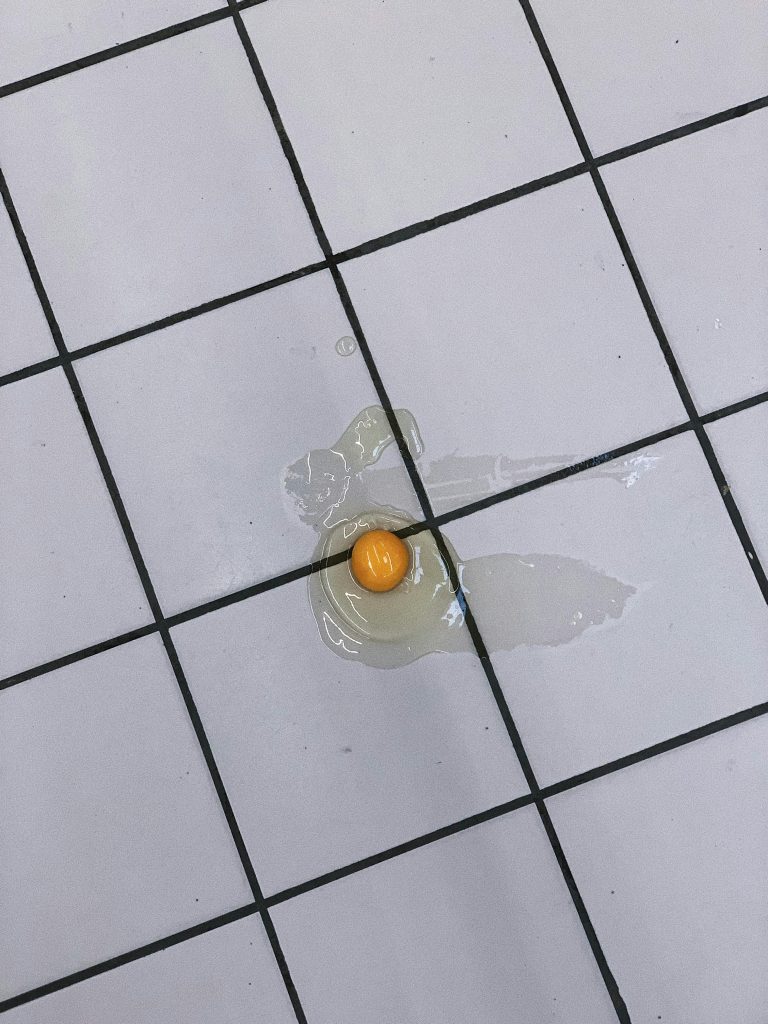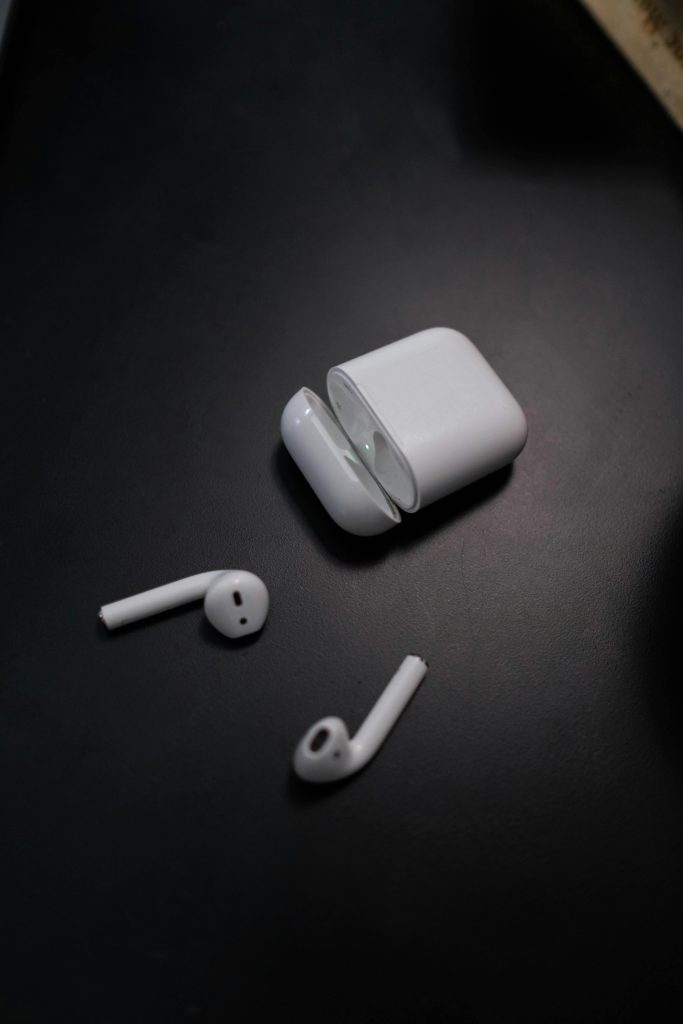Troubleshooting Audio Interference on the Lenovo Legion 5 Gaming Laptop
As an audio technician, I rely heavily on high-quality sound for my work and leisure. Recently, I purchased a Lenovo Legion 5 gaming laptop powered by an AMD Ryzen 7 processor and an RTX 3060 graphics card. With a sleek design and impressive specifications, I was eager to dive into gaming and other multimedia experiences.
However, my excitement quickly turned to frustration when I encountered a persistent audio issue that has left me perplexed. When I connect my headphones through the 3.5mm jack on the left side, I experience a disruptive crackling and static noise whenever I play music on platforms like Spotify or stream videos on YouTube. This unsettling noise isn’t confined to just playback; it also occurs when I launch applications like Discord that utilize sound. The static lingers for an additional 5 to 10 seconds after stopping any audio, making it impossible to enjoy a seamless experience.
In an attempt to resolve the issue, I have tried several troubleshooting methods, including disabling audio enhancements, unplugging the charger, and even updating the BIOS, but to no avail. Interestingly, when I use Bluetooth headphones, the audio is crystal clear. However, I prefer my Beyerdynamic DT770s for their superior sound quality. Testing these headphones with a USB-C to 3.5mm adapter yielded the same positive results—no static. This led me to believe the problem lies with the 3.5mm port itself.
After returning the first laptop, I received a replacement only to find the same audio interference issue, albeit with a notable difference: the static sound only occurs when the laptop is plugged into a power source and the WiFi router is on. Strangely, if I turn off the router while the laptop is powered, the crackling disappears. Re-enabling the router causes the static to return, which raises the question—why is there such interference between the laptop and the WiFi?
To further complicate matters, my partner’s laptop does not exhibit this problem, nor does my work laptop, which is also a Lenovo. I find myself contemplating whether this is a defect unique to my model or a more widespread concern among Lenovo Legion 5 users.
If anyone has faced a similar issue or has insights into potential solutions, I would greatly appreciate your advice. Should I consider returning the laptop once more and saving a bit more to invest in a different gaming laptop? It’s disheartening
Share this content:



